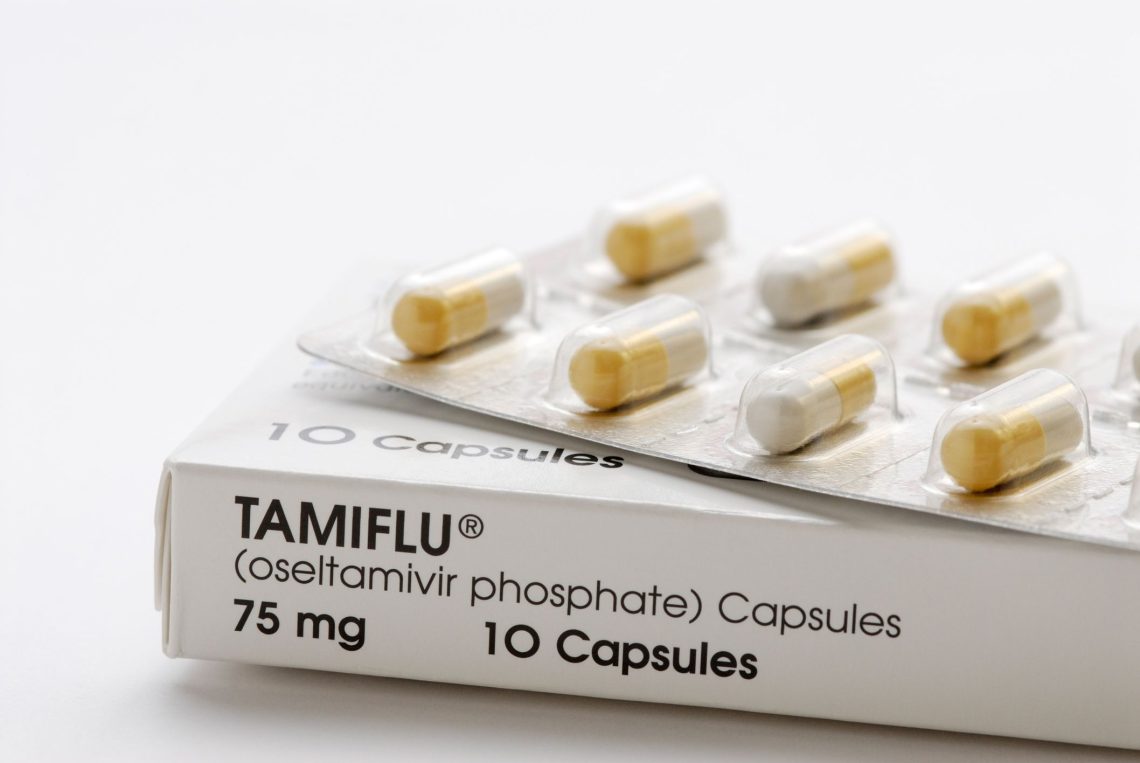Introduction
Influenza, commonly known as the flu, is a contagious respiratory illness that can cause mild to severe symptoms and sometimes life-threatening complications. While most healthy individuals recover within a week or two with rest and fluids, certain people are at high risk for complications such as pneumonia, hospitalization, or even death.
That’s where antiviral flu medications come into play. These drugs can shorten the duration of illness, reduce symptom severity, and prevent complications, especially when taken early. One of the most well-known antivirals is Tamiflu, but it’s not the only option.
In this article, we’ll explore how flu antivirals work, who should take them, what options are available (including Tamiflu and beyond), and when they’re most effective.
What Are Antiviral Flu Medications?
Antiviral drugs are prescription medications that inhibit the influenza virus’s ability to replicate in the body. Unlike antibiotics—which fight bacteria—antivirals target viruses directly.
These medications are most effective when taken within the first 48 hours of symptom onset, but they may still benefit high-risk patients later in the course of illness.
Benefits of Antiviral Flu Treatment
Antiviral medications can:
- Shorten illness duration by 1–2 days
- Reduce symptom severity
- Lower the risk of complications (e.g., pneumonia, hospitalization)
- Protect close contacts through preventive use (post-exposure prophylaxis)
Tamiflu (Oseltamivir Phosphate)
What is Tamiflu?
Tamiflu is the most commonly prescribed flu antiviral. It belongs to a class of drugs called neuraminidase inhibitors, which block the virus from spreading inside the body.
Who Can Take It?
- Approved for adults and children as young as 2 weeks old
- Safe for use in pregnancy
- Available in capsule and liquid form
Dosage & Duration
- Treatment: 75 mg twice daily for 5 days (adult dose)
- Prevention: 75 mg once daily for 7–10 days after exposure
Common Side Effects
- Nausea
- Vomiting
- Headache
- Rarely: psychiatric symptoms (especially in children)
Other Antiviral Flu Medications
1. Relenza (Zanamivir)
- Also a neuraminidase inhibitor
- Inhaled powder administered using a Diskhaler
- For ages 7 and older
- Not recommended for people with asthma or COPD due to the risk of bronchospasm
2. Rapivab (Peramivir)
- Given as a single intravenous (IV) dose
- For patients 18 and older
- Typically used in hospitalized or severe cases when oral medications aren’t suitable
3. Xofluza (Baloxavir Marboxil)
- A newer antiviral from a different class (cap-dependent endonuclease inhibitors)
- Single-dose oral tablet
- For ages 12 and older
- Works faster than Tamiflu in reducing viral load
- Not recommended for pregnant women or those breastfeeding
When Should You Take Antivirals?
Antiviral flu treatments are most effective when:
- Started within 48 hours of symptoms appearing
- Given early to those at high risk of complications
- Used prophylactically after exposure in outbreak settings (e.g., nursing homes)
Who Should Get Antiviral Flu Treatment?
Even if more than 48 hours have passed, antiviral treatment is often recommended for people at higher risk:
- Adults over 65 years old
- Children under 5 years old
- Pregnant women or women up to 2 weeks postpartum
- People with chronic conditions (asthma, diabetes, heart disease)
- Immunocompromised individuals
- Residents of long-term care facilities
Do You Still Need the Flu Vaccine?
Yes! Antivirals are a treatment, not a substitute for vaccination. The flu vaccine prevents infection, while antivirals help reduce severity after you’re infected.
Even in vaccinated individuals, antivirals may be helpful if a breakthrough infection occurs, especially in high-risk groups.
Can You Use Antivirals for Prevention?
Yes. In certain situations, antiviral medications like Tamiflu and Relenza may be prescribed to prevent flu after close contact with an infected person. This is called post-exposure prophylaxis, and it’s commonly used in:
- Households where someone is sick
- Nursing homes or healthcare facilities during outbreaks
- People with weakened immune systems
Antiviral Resistance: Should You Worry?
Flu viruses can develop resistance to antiviral drugs. This is why it’s crucial to:
- Use antivirals only when prescribed
- Complete the full course of treatment
- Get vaccinated yearly to reduce virus spread
Healthcare providers monitor resistance patterns and may adjust treatment accordingly.
Side Effects and Safety Considerations
Antivirals are generally well-tolerated, but potential side effects include:
- Nausea and vomiting (most common with Tamiflu)
- Bronchospasm (with inhaled Relenza)
- Allergic reactions (rare)
- Behavioral changes in children (rare and usually mild)
Always inform your doctor of allergies, current medications, or underlying conditions before starting treatment.
Conclusion
Antiviral flu medications like Tamiflu, Relenza, Xofluza, and Rapivab offer powerful tools to reduce the severity and duration of flu—especially for high-risk individuals. But they work best when taken early, ideally within 48 hours of symptom onset.
While antivirals are valuable, prevention through vaccination, hand hygiene, and healthy habits remains the first line of defense. Talk to your healthcare provider about whether antivirals are right for you, and act fast if flu symptoms strike.
FAQs:
1. What does Tamiflu do?
Tamiflu helps shorten the flu’s duration and reduces symptoms by stopping the virus from spreading in your body.
2. When should I start taking Tamiflu or other antivirals?
For best results, start within 48 hours of flu symptom onset.
3. Can antivirals prevent the flu after exposure?
Yes, medications like Tamiflu can be used for post-exposure prevention, especially in high-risk groups.
4. Are antivirals a substitute for the flu shot?
No. Antivirals treat the flu after infection; the flu vaccine helps prevent it in the first place.
5. Who should take flu antivirals?
They’re recommended for people at high risk of complications, including seniors, young children, pregnant women, and those with chronic illnesses.






